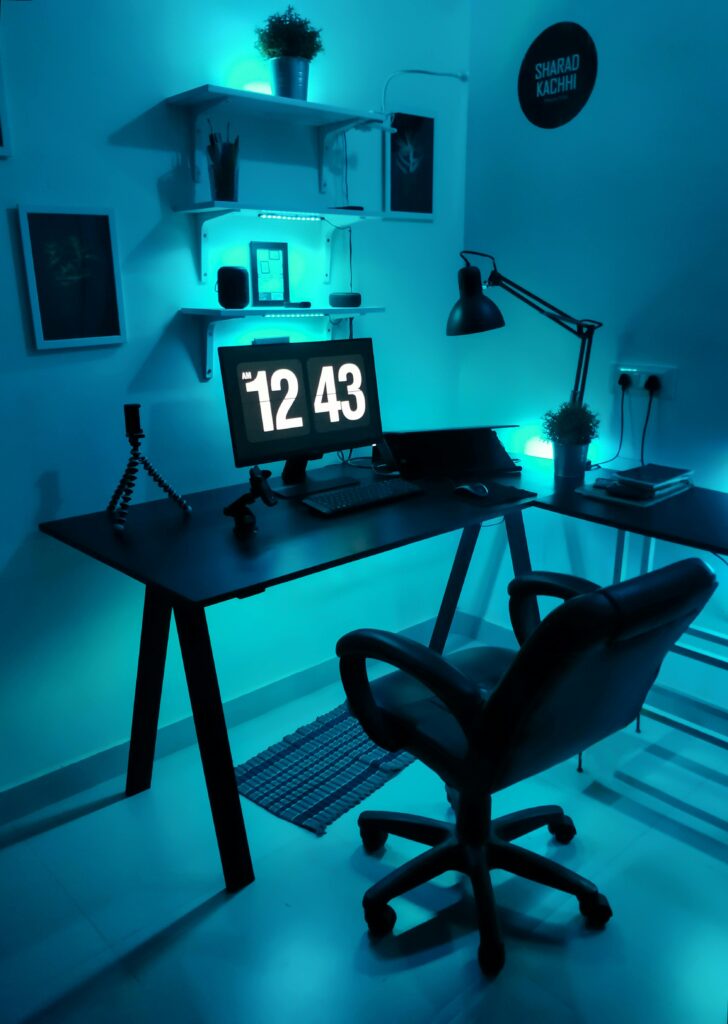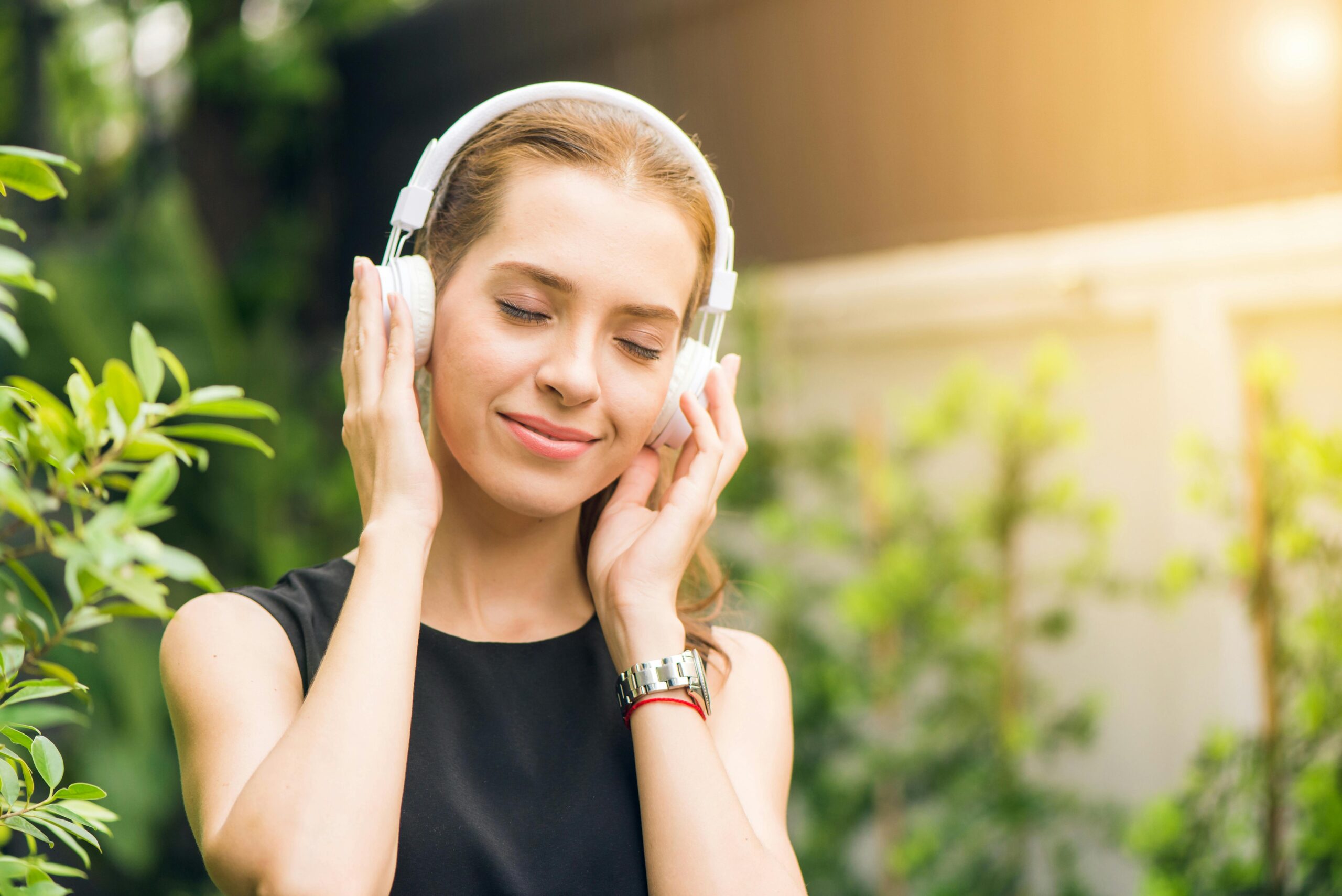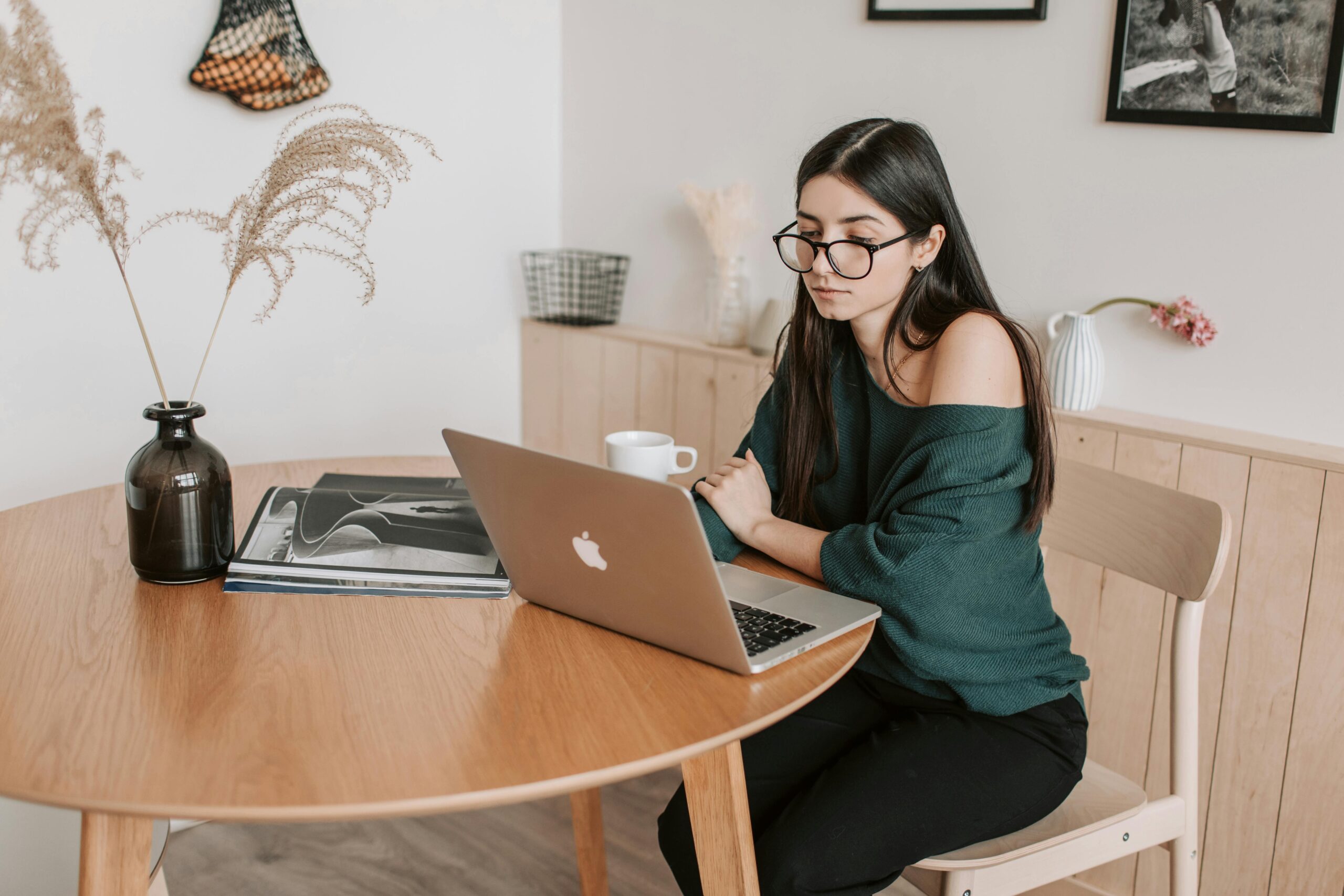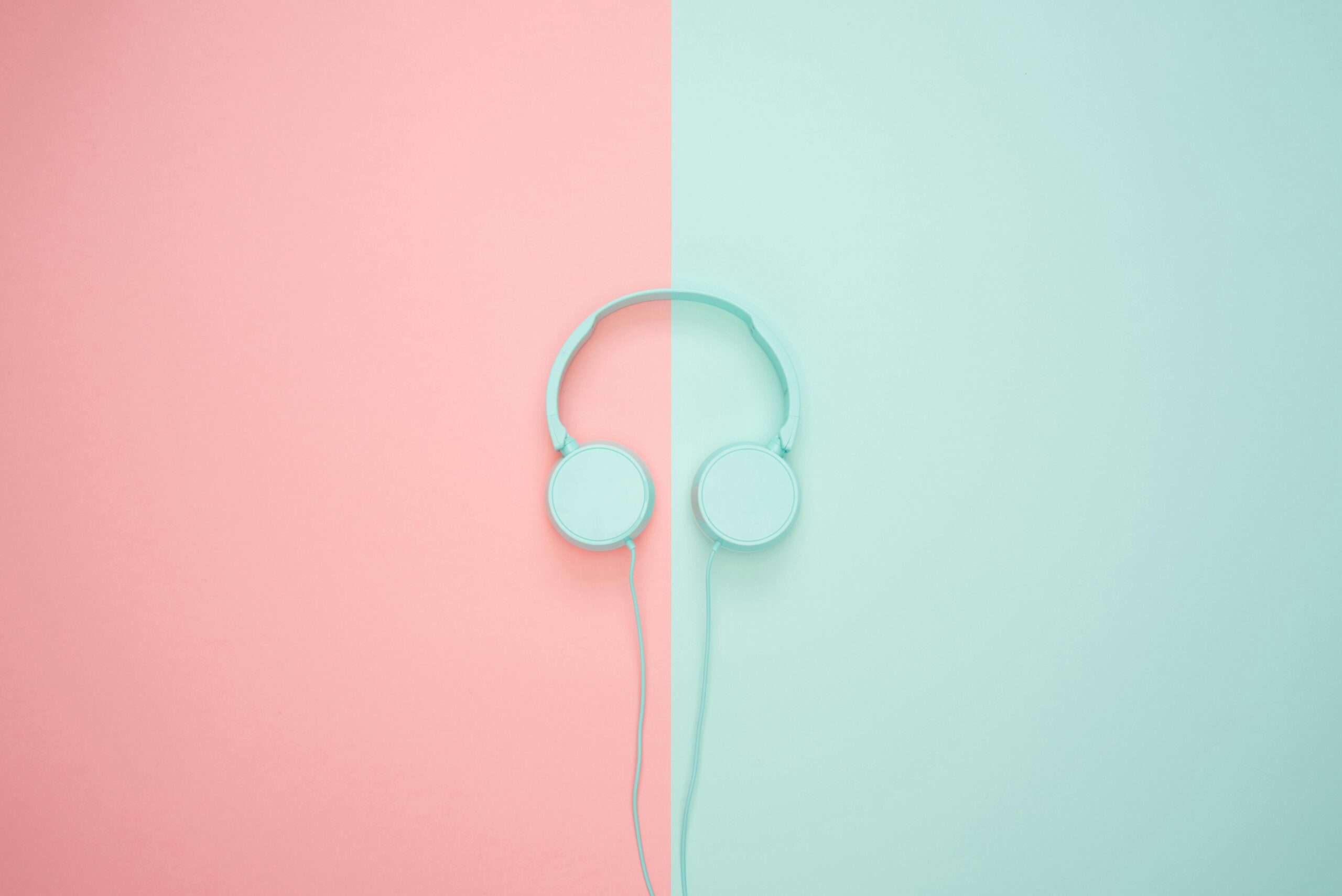A well-lit study space is crucial for productivity and eye health. This comprehensive guide shows you how to create the perfect DIY study space lighting setup for any budget.
Understanding Study Lighting Fundamentals
Before diving into solutions, let’s understand what makes effective study space lighting:

Common Study Space Lighting Challenges
- Insufficient Light Levels: Study areas need significantly more light than regular room lighting
- Shadow Issues: Improper lamp placement creates distracting shadows
- Screen Glare: Poor lighting position causes eye-straining reflections
- Inconsistent Lighting: Mixed color temperatures can reduce focus
Free DIY Study Space Lighting Solutions
Transform your study area without spending money:

Strategic Window Placement
- Position desk at a 45° angle to window to minimize glare
- Keep 2-3 feet distance from window for optimal natural light
- Use sheer curtains to diffuse harsh sunlight
Light Reflection Techniques
- Use mirrors to redirect natural light
- Create simple cardboard reflectors
- Choose light-colored desk surfaces to brighten workspace
Natural Light Optimization
- Keep windows clean for maximum light transmission
- Remove obstacles blocking natural light
- Arrange furniture to maximize daylight exposure
Budget Study Space Lighting Options ($20 or Less)
Best-Selling Affordable Solutions:
Level up your space with these Govee smart LED strips! 💫 16.4ft of pure vibes with multiple co...
illuminate any space with these clever puck lights! ✨ Perfect 6-pack of wireless LED lights tha...
Advanced DIY Study Lighting Setup Guide
For those ready to invest in a complete setup: Professional Study Space Lighting Arrangement
Meet your desk's new best friend! ✨ This Micomlan lamp rocks a sleek architect design plus mood...
Transform any corner into a vibe with this Govee smart floor lamp! ✨ Alexa-ready, music-syncing...
Expert Study Space Lighting Tips
Common Questions:
Q: “What color temperature is best for studying?” A: “4000-5000K (cool white) is optimal for studying as it mimics natural daylight and helps maintain alertness. Warmer light (2700-3000K) is better for evening reading to avoid disrupting sleep patterns.”
Q: “How should I position my desk lamp?” A: “Position your desk lamp slightly to your non-dominant side and ensure the light source is above your hand level to prevent shadows while writing. The lamp should illuminate your workspace without creating glare on screens or shiny surfaces.”
Q: “What’s the best way to reduce eye strain while studying?” A: “Use the 20-20-20 rule recommended by optometrists: every 20 minutes, look at something 20 feet away for at least 20 seconds. Additionally, ensure your room has balanced lighting by combining ambient light with focused task lighting to reduce contrast and eye fatigue.”
Best Practices for Implementation

Use appropriate color temperatures for time of day
Start with natural light optimization
Add task lighting for focused work
Include ambient lighting to reduce eye strain
Position lights to minimize shadows and glare
Conclusion & Implementation Guide
Transform your study space lighting setup today:
- Start with free optimization
- Add budget solutions as needed
- Invest in quality pieces gradually
Updated: December 2024
Author: Joseph Phillips












